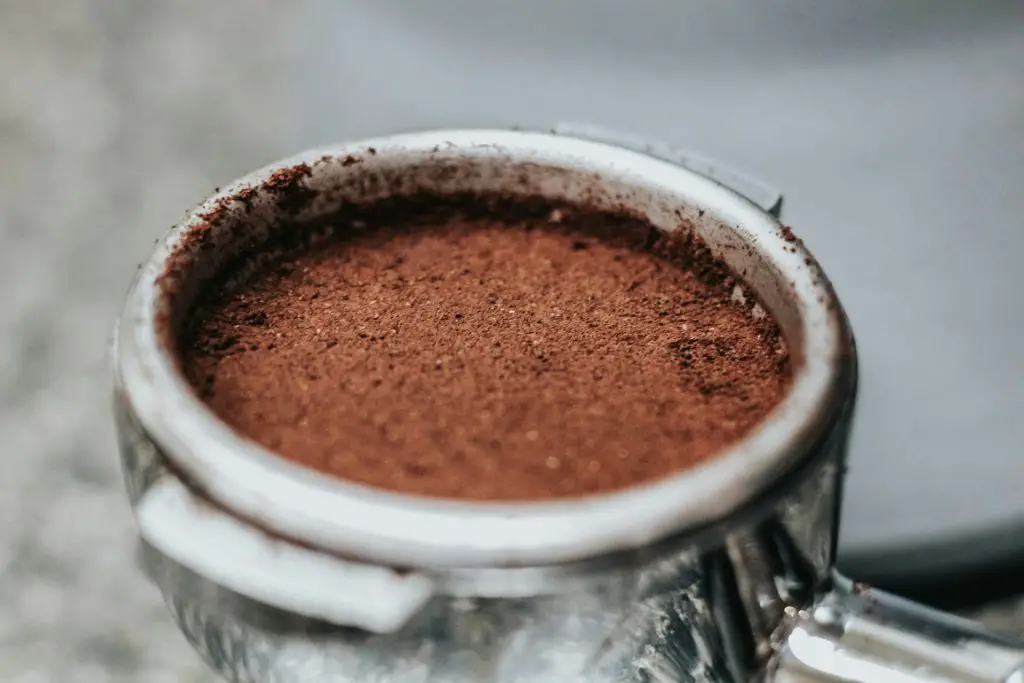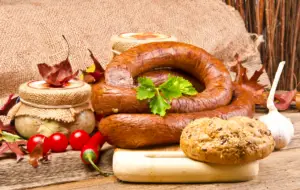The question of whether ants are attracted to coffee grounds is one that might arise for gardeners, homeowners, and coffee enthusiasts alike. Understanding the relationship between ants and coffee grounds can be essential for those looking to employ natural remedies for ant control or for those simply curious about the interactions between insects and everyday substances. This article explores the attractiveness of coffee grounds to ants, drawing on scientific insights and practical observations.
The Nature of Ants
Ants are opportunistic feeders known for their ability to exploit a wide range of food sources. Their diet primarily consists of sugars, proteins, and fats, which they seek out through their highly developed olfactory senses. The attraction of ants to a particular substance is largely dictated by its nutritional value or the presence of compounds that either attract or repel them.
Coffee Grounds: Attraction or Repellent?
Coffee grounds have been a subject of interest for their potential use in gardening and pest control. The conventional wisdom suggests that coffee grounds can repel ants and other pests, primarily due to their strong smell and potentially toxic substances contained within. Caffeine, for example, is known to be toxic to insects at certain concentrations.
However, whether ants are attracted to or repelled by coffee grounds can depend on several factors:
Concentration of Coffee Compounds: Fresh coffee grounds contain higher levels of caffeine and other compounds compared to used coffee grounds. While fresh grounds might have a repellent effect due to their strong odor and higher toxicity, used coffee grounds are less potent and might not effectively repel ants.
Type of Ants: Different ant species may react differently to coffee grounds. Some species might be deterred by the smell or toxic properties of coffee, while others might not be significantly affected.
Condition of the Coffee Grounds: Moist or moldy coffee grounds might attract ants due to the presence of fungal growth, which can serve as a food source for some ant species.
Scientific Studies and Observations
Research on the use of coffee grounds as an ant repellent has yielded mixed results. Some studies suggest that caffeine can indeed deter ants and other pests, but the effectiveness varies with the concentration of caffeine and the specific pests targeted. There is also anecdotal evidence from gardeners and homeowners who have observed a reduction in ant activity after applying coffee grounds around plants or entry points to homes.
Practical Considerations
For those considering using coffee grounds as an ant deterrent, it’s important to note that while they may not universally repel all ant species, they can still be beneficial in gardens. Coffee grounds can improve soil structure, add organic matter, and may help suppress fungal diseases. If used as part of an integrated pest management approach, coffee grounds could contribute to reducing ant populations alongside other methods.
The question of whether ants are attracted to coffee grounds does not have a straightforward answer. While there is some evidence to suggest that coffee grounds can repel ants, their effectiveness may vary based on the type of ants, the condition of the coffee grounds, and how they are used. As with any natural remedy, experimentation and observation are key to determining whether coffee grounds are a viable solution for ant control in your specific situation.
Experimentation and Observation: Key to Understanding
For individuals interested in using coffee grounds as a method of ant control, experimentation and observation are crucial. By applying coffee grounds in different areas and observing the response of ants, one can gauge the effectiveness of this method for their particular ant problem. It’s important to note that what works in one scenario may not work in another, given the diversity of ant species and their varying behaviors.
Additional Tips for Using Coffee Grounds Against Ants
Placement: Apply used coffee grounds around the base of plants, at the edges of your property, or near entry points to your home where ants are observed. The goal is to create a barrier that ants will avoid.
Frequency of Application: Coffee grounds can lose their potency over time, especially after being exposed to the elements. Regularly adding fresh grounds can help maintain their effectiveness.
Combine with Other Methods: Using coffee grounds in conjunction with other ant control methods, such as natural ant baits or diatomaceous earth, can enhance your overall strategy.
Monitor for Mold: Ensure that the coffee grounds do not become overly moist and moldy, as this could inadvertently attract ants or other pests.
Environmental Considerations
One of the advantages of using coffee grounds as an ant repellent is the environmental benefit. Instead of relying on chemical pesticides, which can have harmful effects on the ecosystem, coffee grounds offer a more sustainable and eco-friendly alternative. They repurpose waste, contribute to soil health when used in gardens, and reduce reliance on synthetic substances.
The Broader Picture: Integrated Pest Management (IPM)
The use of coffee grounds for controlling ants can be considered part of an Integrated Pest Management (IPM) approach. IPM emphasizes the use of multiple strategies to manage pests in the most environmentally friendly way possible. This approach involves understanding the behavior and ecology of pests, monitoring for their presence, and choosing control methods that are effective, sustainable, and have minimal impact on non-target organisms.
A Piece of the Puzzle
While coffee grounds may not be a magic solution to all ant problems, they can be a useful tool in the broader context of pest management. Their effectiveness against ants varies, but their use contributes to a more sustainable and integrated approach to managing pests. Whether you’re a gardener, homeowner, or simply someone looking for eco-friendly solutions, experimenting with coffee grounds could provide insights into their potential as a natural repellent. Ultimately, the successful management of ants requires a combination of methods tailored to the specific situation and a commitment to observing and adjusting strategies as needed.
Leveraging Community Knowledge and Experiences
In exploring the use of coffee grounds for ant control, engaging with community knowledge and experiences can be invaluable. Online forums, gardening clubs, and local workshops often provide a wealth of anecdotal evidence and practical tips from individuals who have experimented with various natural remedies, including coffee grounds. Sharing experiences can help in identifying the most effective practices and in understanding the limitations and potential of using coffee grounds against ants.
Scientific Research and Future Directions
The interaction between ants and coffee grounds is a subject ripe for further scientific investigation. While anecdotal evidence and preliminary studies offer insights, more rigorous research could elucidate the specific mechanisms through which coffee grounds affect ants. Future studies might explore the optimal concentrations of coffee grounds, their effectiveness against different ant species, and long-term impacts on ant behavior and populations. Such research could provide a stronger foundation for using coffee grounds as part of integrated pest management strategies.
Safety and Considerations for Pets
For pet owners, the safety of using coffee grounds around the home and garden is an important consideration. While coffee grounds are generally safe when used as a soil amendment or pest deterrent, it’s crucial to keep in mind that caffeine can be harmful to pets if ingested in significant amounts. Ensuring that coffee grounds are applied in areas not accessible to pets or in a manner that minimizes the risk of ingestion is essential.
The Role of Coffee Grounds in Sustainable Living
Beyond ant control, the use of coffee grounds touches on broader themes of waste reduction and sustainable living. Repurposing coffee grounds for pest control, composting, or as a fertilizer embodies the principles of reducing waste and finding value in what might otherwise be discarded. This approach aligns with broader environmental goals of minimizing landfill waste and promoting practices that support ecosystem health and biodiversity.
A Multifaceted Approach to Ant Control
In conclusion, while the use of coffee grounds as an ant repellent is not a guaranteed solution, it represents a promising area for exploration within the context of sustainable pest management. The potential benefits extend beyond mere ant deterrence, contributing to soil health, waste reduction, and the promotion of eco-friendly practices. By combining coffee grounds with other natural and integrated pest management strategies, individuals can develop a comprehensive approach to managing ants and other pests in an environmentally responsible manner. Engaging with ongoing research, sharing experiences, and considering the broader environmental impact are all critical steps in leveraging coffee grounds effectively and responsibly for ant control and beyond.




